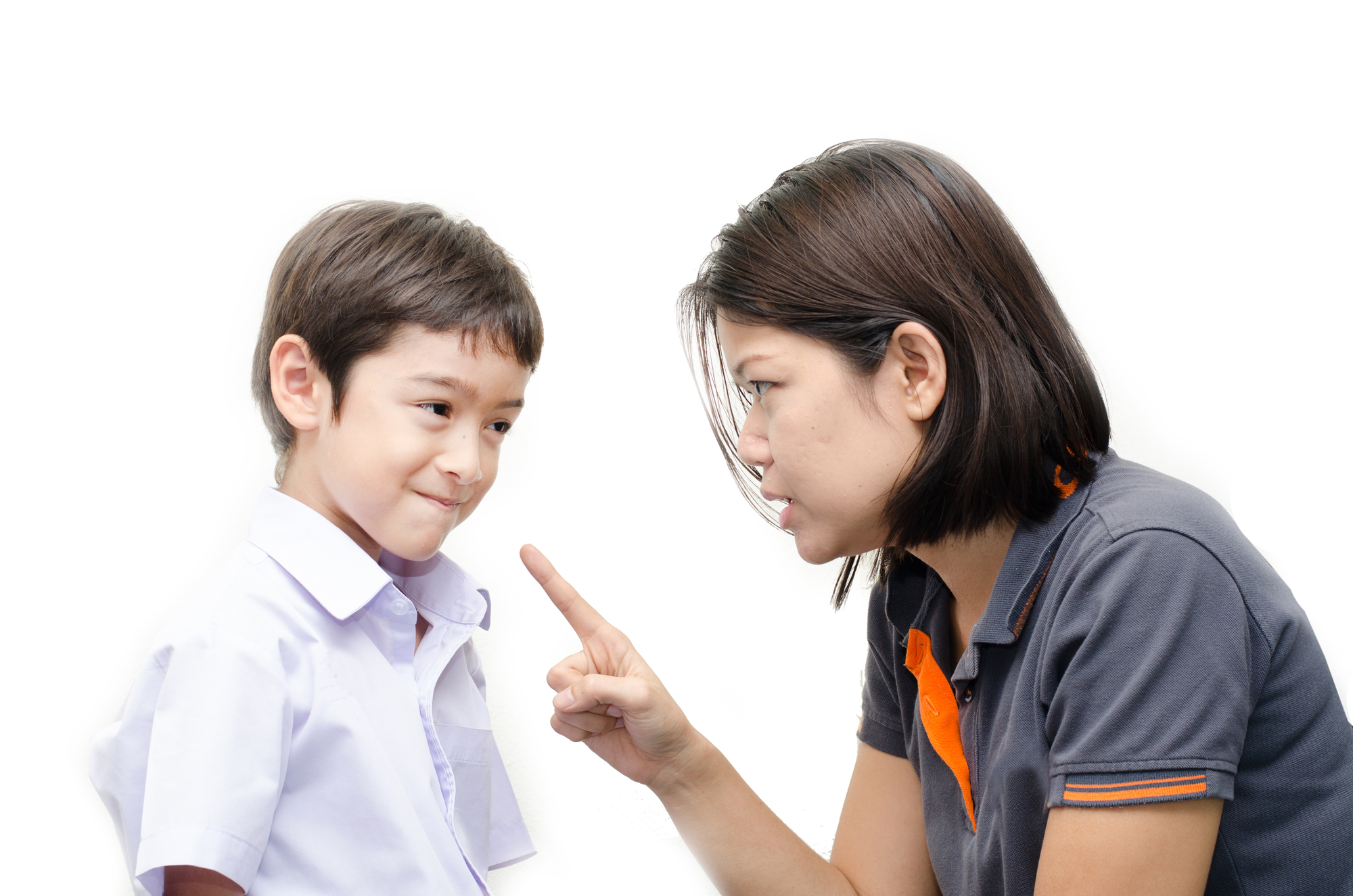One of the forefront reasons children tell lies is saving self or what in psychology we know as self-preservation. The fear of disappointing those in whom eyes they want to be seen as good. Socially, imagine letting down those that protect you, this leaves you vulnerable to attack because of a lack of support from the community – this is because human beings are biologically made to belong in groups for safety – upset the group and you are on your own, which means danger.
Kids will lie because they don’t want to experience blame, shame, or pain for what they did or perceive to be unacceptable to the community.
In an attempt to defend their security and safety, they will cover anything that might lead to them being chastised or sent away from the group – of course in the modern day we no longer send people away from the tribe – but we do so psychologically when we distance ourselves from those we’ve labelled and put in different boxes (e.g.) liars.
One of the most important things we as parents, teachers and the community can do to curb this unhealthy habit of lying is to provide a safe place for open communication.
I call it, “the no judgment zone“. This should not be equated with bad behaviour. “The no judgment zone“ means we are able to differentiate between the person and the behaviour. So we are able to address the behaviour without attacking the person.
Essentially, lying is always if not most often caused by a feeling of fear and insecurity.
The problem is that lying is an unhealthy behaviour. Even though it may work in the short term for them, providing that cover or the psychological safety, in the long run, the kid never learns to be authentic, truthful to self and others and own up to mistakes(mistakes which are part of being human). Plus when caught, we lose trust in liars.
As said earlier it would do us a community good to differentiate between the person who has made a mistake and is lying and address the behaviour rather than labelling the person a liar. (meaning we’ve combined the person and the mistake-behaviour).
We may not always like what kids tell us, because the truth can be shocking or contrary to what we want to hear, but how we respond can mean the difference between them feeling safe and thus sharing with us their shortfalls and not covering and lying.
When a young person feels safe even when they have not done the right thing, they are more likely to tell the truth and open up, and then we are able to guide them to making better choices next time.
The opposite is they feel unsafe and don’t trust us to not chastise the person they are and not the deed, so they lie.
When they get away with lying which sometimes they do, they learn to craft new and craftier ways of concealing their truth including mistakes. When they get caught and feel ashamed and guilty, they determine to craft newer ways of crafting worse lies. This is how the dangerous cycle goes on.
The question we should ask ourselves is, how can I adapt my interaction with this kid, and provide a safe space to speak so they can share the good, bad, and ugly without fear or judgement?
This atmosphere enhances trust, self-esteem, authenticity and ultimately mental and overall wellness of kids and everyone around them.
And we can all learn to provide a safe space to speak.
Angela Karanja is an Adolescent Psychologist & Bestselling Author & Founder of Raising Remarkable Teenagers.








